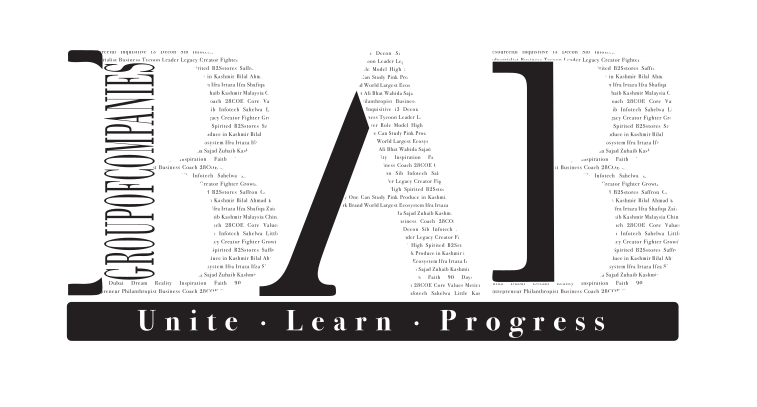In the realm of personal growth, leadership development, and organizational success, core values serve as the guiding principles that shape our actions, decisions, and beliefs. Dr. Bilal Ahmad Bhat, author of “28COE Core Values,” emphasizes the profound significance of core values in defining our identities, driving our behavior, and shaping the culture of businesses and communities alike. In this comprehensive article, we delve into the essence of core values, why they matter, and how they contribute to a purpose-driven life and thriving organizations.
Understanding Core Values:
Core values are fundamental beliefs and principles that guide our attitudes, behaviors, and interactions with others. They represent the essence of who we are, what we stand for, and what matters most to us on a personal, professional, and ethical level. Core values serve as the compass that directs our actions, shapes our decisions, and influences our priorities in life.
Why Core Values Matter:
- Identity and Purpose: Core values define our identity and sense of purpose, providing clarity on what we value, prioritize, and aspire to achieve in life.
- Integrity and Authenticity: Upholding core values fosters integrity, authenticity, and alignment between our beliefs, words, and actions.
- Decision-Making: Core values guide decision-making processes, helping us make choices that are in harmony with our values and principles.
- Relationships and Communication: Shared core values strengthen relationships, foster trust, and facilitate effective communication in personal and professional settings.
- Culture and Engagement: In organizations, core values shape the culture, promote employee engagement, and inspire a sense of belonging and commitment among team members.
- Leadership and Vision: Effective leaders embody and promote core values, leading by example and inspiring others to embrace a shared vision and mission.
Dr. Bilal Ahmad Bhat’s Perspective on Core Values:
As an advocate for personal and organizational development, Dr. Bilal Ahmad Bhat emphasizes the transformative power of core values in shaping individuals, teams, and businesses. He believes that core values serve as the foundation for ethical leadership, meaningful relationships, and sustainable success. According to Dr. Bhat, living in alignment with core values is essential for creating a purpose-driven life, fostering resilience in challenging times, and leaving a positive legacy.
Key Elements of Core Values:
- Clarity: Core values provide clarity on what we believe in, what drives us, and what we aspire to achieve.
- Consistency: Upholding core values requires consistency in behavior, decision-making, and interactions with others.
- Commitment: Embracing core values involves a commitment to live by them, even in difficult situations or when faced with ethical dilemmas.
- Communication: Articulating core values and sharing them with others fosters understanding, alignment, and mutual respect.
- Continual Improvement: Core values guide ongoing personal and professional development, encouraging growth, learning, and adaptation.
The Impact of Core Values on Businesses:
In the corporate world, core values play a pivotal role in shaping organizational culture, driving employee engagement, and fostering a sense of purpose and belonging. Companies that prioritize and embody core values are more likely to attract top talent, build strong teams, and achieve sustainable growth. Core values also serve as a compass for strategic decision-making, ethical leadership, and responsible business practices.
Practical Steps to Define and Uphold Core Values:
- Reflect on Personal Values: Identify your core values by reflecting on what matters most to you, what principles you live by, and what you stand for.
- Align with Organizational Values: For businesses, align core values with the mission, vision, and goals of the organization to create a cohesive and purpose-driven culture.
- Communicate and Reinforce Values: Clearly communicate core values to employees, stakeholders, and customers, and integrate them into everyday practices and interactions.
- Lead by Example: Leaders and role models should embody core values and demonstrate them through their actions, decisions, and behaviors.
- Evaluate and Adapt: Regularly assess the alignment of actions and decisions with core values, seek feedback, and make adjustments as needed to stay true to the values.
Conclusion:
Core values are the foundation of personal integrity, ethical leadership, and organizational excellence. Dr. Bilal Ahmad Bhat’s insights highlight the transformative impact of core values in shaping individuals, businesses, and communities. By embracing and living in alignment with core values, we can cultivate a sense of purpose, resilience, and fulfillment in our lives and create a positive impact on the world around us.

